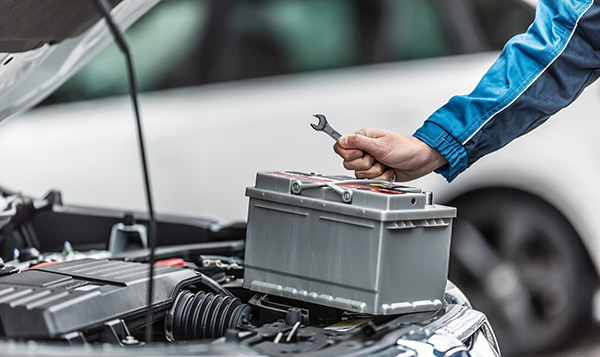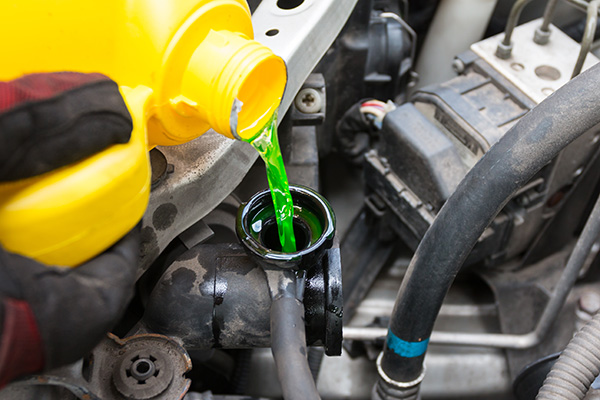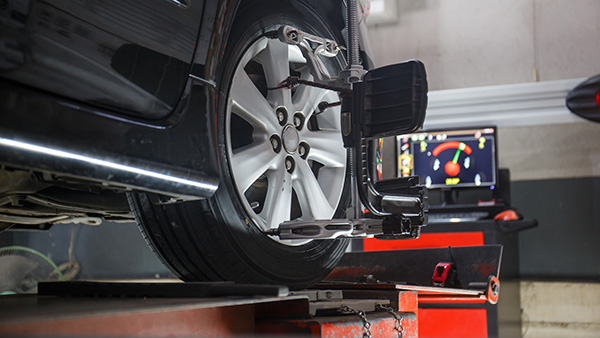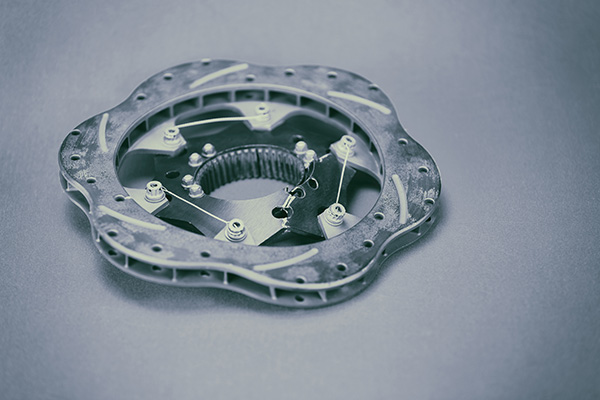Posted on 12/20/2024

Your car’s battery might not get as much attention as the engine or tires, but it keeps everything running. The battery is at the heart of your vehicle’s electrical system, from powering up the starter to ensuring your headlights shine bright. If you’re wondering when it’s time to replace it, you’re in the right place. Let’s find out how often you should swap out your car battery, what signs to watch for, and how to make the most of its lifespan. How Long Does a Car Battery Typically Last On average, a car battery lasts about three to five years. However, this range depends on factors like driving habits, climate, and maintaining the battery. For instance, batteries often wear out faster in regions with extreme temperatures—whether scorching summers or freezing winters. If you live in Reading, PA, where winter chills are no stranger ... read more
Posted on 11/29/2024

Your car's radiator plays a crucial role in keeping your engine at the right temperature, ensuring everything runs smoothly and efficiently. But what happens when this essential component starts to leak? You might think a few drops of coolant on the garage floor aren't a big deal, but a leaky radiator can spell serious trouble for your vehicle if left unchecked. Let's look closer at why this issue is more than just a minor inconvenience and what kind of damage it can cause if not addressed promptly. The Role of Your Radiator in Engine Health To understand why a leaky radiator is a significant concern, it’s essential to know what the radiator does. The radiator is part of your car’s cooling system, responsible for regulating engine temperature. It works by circulating coolant through the engine to absorb excess heat, dissipating it through the radiator's fins. This process prevents the engine from overheating, which could lead to severe dam ... read more
Posted on 10/31/2024

Your car's wheel alignment might not be something you think about often, but it affects how your vehicle handles, wears tires and maintains fuel efficiency. Driving with misaligned wheels can lead to unnecessary wear on your tires and suspension system, making driving your car dangerous. But how do you know when your car needs an alignment? You should watch out for a few signs to ensure that your wheels are aligned properly. Uneven Tire Wear One of the most obvious signs that your car needs a wheel alignment is uneven tire wear. If your tires are properly aligned, they should wear evenly across the tread. However, if you notice that the inside or outside edges of your tires are more worn down than the rest, it’s a good indication that your alignment is off. Tire wear patterns can tell you a lot about the state of your car’s alignment. For example, wear on the inside of the tire often means the wheels are tilted inward, while wear on the outside sugge ... read more
Posted on 9/27/2024

Brake rotors are an essential part of your car's braking system, ensuring that your vehicle stops efficiently when needed. However, if you’ve noticed your car’s stopping power feels off or the brakes are pulsating, you might be dealing with warped rotors. But what does "warping" really mean when it comes to brake rotors? And more importantly, how can you prevent it from happening? What Does It Mean When Brake Rotors Warp First, let’s clarify what rotor "warping" actually refers to. Brake rotors don’t typically bend or deform in the literal sense. When we say rotors are warped, it means their surface has become uneven, typically from excessive heat. This uneven surface can cause vibration in the brake pedal or steering wheel when you brake, leading to reduced braking performance and safety concerns. Rotors experience extreme heat from friction every time you hit the brakes. If this heat isn’t evenly distributed or ... read more
Posted on 8/30/2024

Pickup trucks are known for their durability and versatility, but regular maintenance is necessary to keep them running. Whether you're using your truck for work, play, or a bit of both, staying on top of essential maintenance tasks can ensure it performs reliably and lasts for many years. So, what should you focus on to keep your pickup truck in top shape? These are the seven most critical maintenance tasks every pickup truck owner should prioritize. 1. Regular Oil Changes One of the most fundamental yet vital maintenance tasks is changing your truck's oil regularly. Oil lubricates the engine's moving parts, reducing friction and preventing wear. Over time, oil breaks down and becomes contaminated with dirt and debris, which can cause engine parts to wear out prematurely. Regular oil changes, typically every 3,000 to 5,000 miles, depending on your driving conditions and the type of oil used ... read more